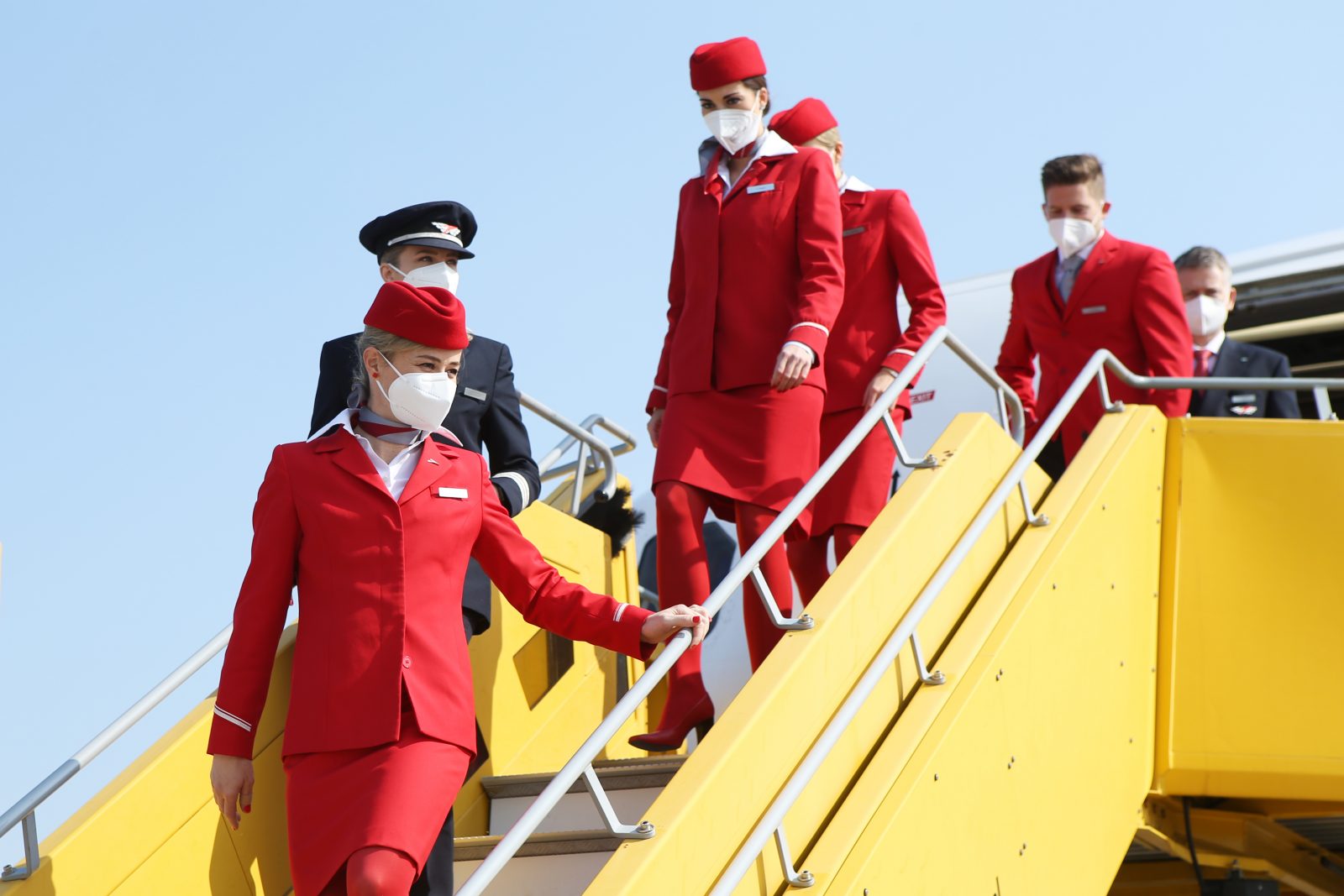
The European Union says it will end a face mask mandate for air travel next week but individual countries will still be allowed to ignore the recommendations of the bloc’s disease control agency and a patchwork of confusing rules could be implemented across Europe.
In a joint announcement, the European Union Aviation Safety Agency (EASA) and European Centre for Disease Prevention and Control (ECDC) said they would lift a recommendation for compulsory masking in air travel in an effort to “help relieve the burden” of stringent pandemic restrictions on the aviation industry.
The announcement comes just over three weeks after a judge in Florida struck down the U.S. federal face mask mandate. The decision goes against the current recommendations of the Centers for Disease Control and Prevention (CDC) which would like to see the mandate reinstated.
“From next week, face masks will no longer need to be mandatory in air travel in all cases, broadly aligning with the changing requirements of national authorities across Europe for public transport,” explained Patrick Ky, executive director at EASA.
“For passengers and air crews, this is a big step forward in the normalisation of air travel. Passengers should however behave responsibly and respect the choices of others around them,” Ky continued.
The recommendations form part of a joint EU document that previously suggested passengers should be banned from eating or drinking in order to avoid COVID-19 transmission risks. Many of the recommendations, such as suspending cabin service, had been dropped in 2020 by most European airlines but the advice remained in the document.
In recent weeks, however, a growing number of countries have adjusted masking rules or dropped them altogether. In the EU, the likes of Ireland, Croatia, Denmark, Hungary, Finland, Poland and Sweden have already ditched air travel mask mandates.
Outside the block, England, Switzerland and Norway no longer require masks.
The recommendation by EASA and the ECDC remains only that – a recommendation. Individual EU states can ignore the advice of their aviation regulator and disease control agency and keep air travel mask mandates in place.
The Netherlands, for example, has dropped masking rules in every other environment including all other forms of public transport except for airports and aeroplanes.
Italy has also chosen to keep mask rules in place in certain environments, including air travel until mid-June at the earliest. Both Spain and Germany have dropped masking rules in most environments but they are still required during air travel.
“The rules and requirements of departure and destination States should be respected and applied consistently, and travel operators should take care to inform passengers of any required measures in a timely manner,” commented ECDC director Andrea Ammon.
Ammon said vulnerable passengers should continue to wear a face mask, ideally a protective FFP2 or N95 mask.
Passengers are also being encouraged to practice physical distancing, although airports won’t be expected to enforce distancing measures.
Mateusz Maszczynski honed his skills as an international flight attendant at the most prominent airline in the Middle East and has been flying ever since... most recently for a well known European airline. Matt is passionate about the aviation industry and has become an expert in passenger experience and human-centric stories. Always keeping an ear close to the ground, Matt's industry insights, analysis and news coverage is frequently relied upon by some of the biggest names in journalism.







